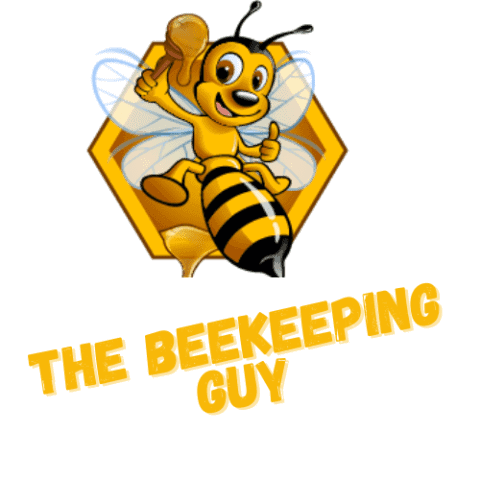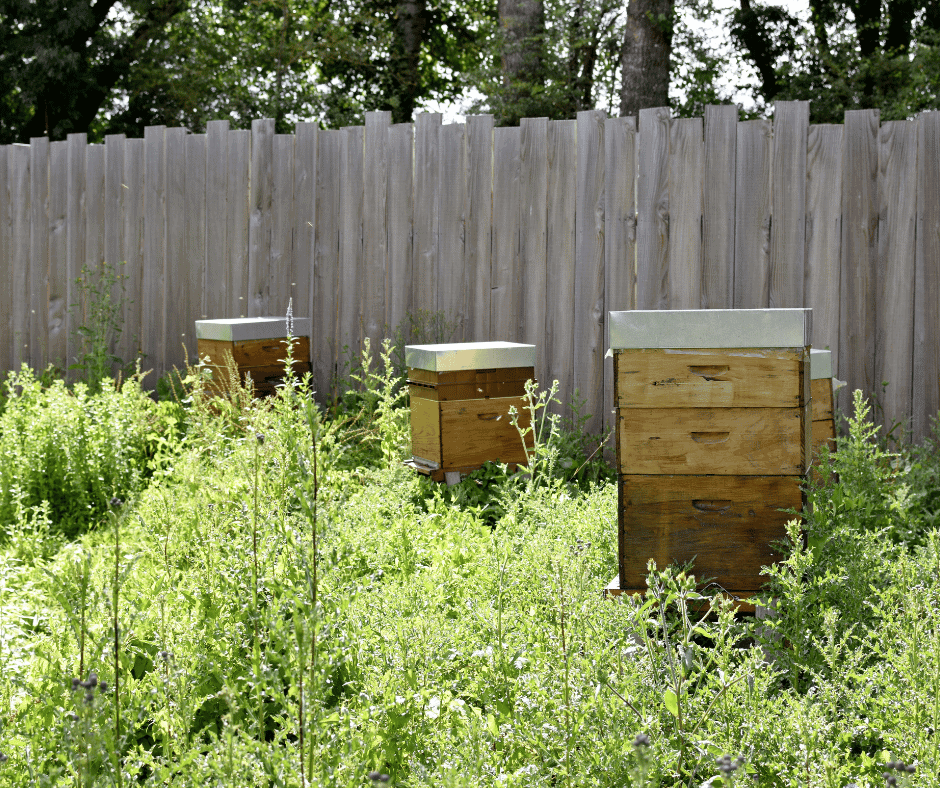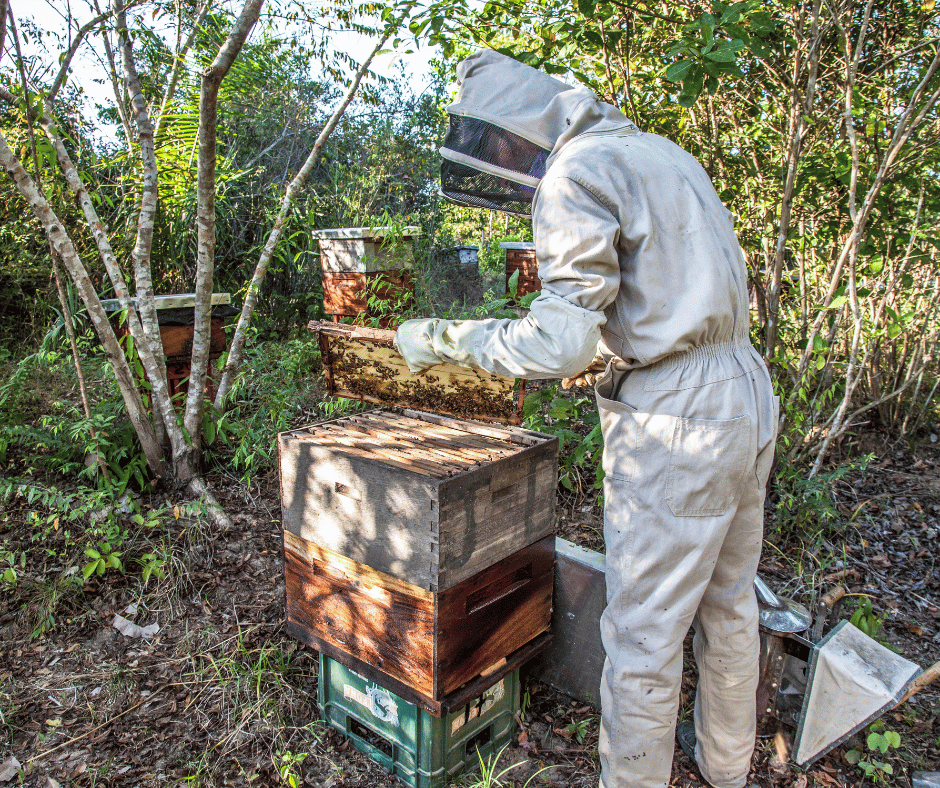
Welcome to the wonderful world of beekeeping! If you’ve ever wondered about the sweet benefits of keeping bees, then this blog article is for you. We’ll explore everything from the question do I need permission to keep bees? To unlock the joys of beekeeping and get started today to understand what it takes to become a successful beekeeper. Plus, we’ll also provide tips on how to keep your bees responsibly so that everyone can enjoy their buzzing presence in our environment.
So let’s dive into all things related to bees and discover why they are such an important part of our lives!
Do you have a passion for bees and want to keep some of your own? If so, you may be wondering if there are any regulations or permissions that need to be obtained before getting started. The good news is that in most cases, the answer is no!
In general, beekeeping does not require permission from anyone other than yourself. However, it’s important to check with local authorities as laws vary from place to place.
Additionally, certain cities and towns may also have ordinances regulating where hives can be placed within city limits – such as how far away they must be kept from neighboring properties or public spaces like parks – so it’s always best practice to double-check with your local government before getting started.
It’s also important to remember that even though permission isn’t typically required when starting out with beekeeping (at least in most places), there are still some basic safety protocols all newbie apiarists should follow:
– Wear protective clothing when working around bees; this includes a hat, veil (to cover face), gloves, and long sleeves/pants
– Always inspect your hive regularly for signs of disease or pests; if found take appropriate action immediately
– Make sure not to disturb the hive too much during inspections; this could cause undue stress on the colony which could lead them to leave their home altogether
Beekeeping can bring great joy into our lives while helping us connect more deeply with nature at the same time! So don’t let fear over needing permission stop you from pursuing something you love – just make sure you do due diligence by checking in with local authorities first before taking off into honeybee heaven!
Table of Contents
Discover the Sweet Benefits of Keeping Bees!

Are you thinking about keeping bees but don’t know where to start? Well, the sweet benefits of beekeeping are worth exploring! Not only do bees produce delicious honey, but they also help pollinate plants and flowers in your garden. Plus, it’s a great way to get outdoors and enjoy nature while learning something new.
Beekeeping is an incredibly rewarding hobby that can provide hours of entertainment as well as a steady supply of honey for your kitchen. It takes some work to get started but once you have all the necessary equipment and supplies, it’s easy enough for anyone with basic knowledge of gardening or animal care to manage their own hive.
The best part is that most people don’t need permission from their local government or neighbors before starting a beehive on their property – although there may be certain restrictions depending on where you live so make sure to check first!
With just a few simple steps like finding the right location for your hive and providing adequate protection from predators such as bears or skunks, you’ll soon have happy buzzing bees in no time at all.
So if you’re looking for an enjoyable activity that will bring sweetness into your life (literally!), why not give beekeeping a try? You won’t regret it!
Unlock the Joys of Beekeeping: Get Started Today!

Are you interested in beekeeping but don’t know where to start? Unlocking the joys of beekeeping is easier than you think! With just a few simple steps, you can get started today and begin your journey into this fascinating hobby.
Beekeeping offers many benefits, from providing pollination for plants to producing delicious honey. It’s also an incredibly rewarding experience that allows us to connect with nature in a unique way.
Whether it’s learning about the different types of bees or observing their behavior as they go about their daily lives, there are countless opportunities for exploration and discovery when it comes to keeping bees.
The first step towards unlocking the joys of beekeeping is deciding whether or not you need permission from local authorities before setting up your hive.
Once all necessary permissions have been obtained (if needed), then it’s time to purchase supplies and find out more information on how best to care for your hive(s).
There are plenty of resources available online that provide detailed instructions on everything from assembling equipment and installing bees into hives right through harvesting honey at the season’s end – so make sure to take advantage of them!
Getting involved in beekeeping doesn’t require any special skills or knowledge – anyone can do it! So why not give yourself a chance to explore this wonderful world today?
Unlocking the joys of beekeeping is just waiting around the corner – all you need do is take those first few steps towards making dreams come true!
Are You Ready to Become a Beekeeper? Find Out Here!

Are you ready to become a beekeeper? It’s an exciting and rewarding experience that can bring many benefits, both for yourself and the environment. But before you jump in, it’s important to know what is involved in becoming a successful beekeeper.
First of all, do some research into the different types of bees available and decide which type would be best suited for your needs. You’ll also need to find out if there are any local regulations or restrictions on keeping bees in your area – this could vary from state to state or even city to city!
Once you have done your research, it’s time to get started with setting up your hive.
You will need protective gear such as gloves and a veil when handling the bees – make sure these fit properly so they don’t restrict movement too much!
Additionally, there are various tools that come with beekeeping such as smokers (which help calm down agitated colonies), feeders (for providing food), and hive tools (for inspecting hives).
Make sure you have all these items before starting out so that everything runs smoothly once you begin working with the bees.
Finally, keep in mind that while beekeeping can be a fun and rewarding experience; it does require dedication and patience – especially during those first few months when learning how to care for them correctly!
With proper knowledge about honeybees’ behavior patterns along with good maintenance practices however; anyone can become an expert at managing their own colony over time – making them great stewards of nature’s most precious resource: honeybees!
The Buzz on Beekeeping: What You Need to Know

Are you interested in beekeeping but don’t know where to start? You’re not alone! Beekeeping is becoming increasingly popular, and with good reason. Not only can it be a rewarding hobby, but it also helps the environment by providing pollination for plants and flowers.
But before you jump into beekeeping, there are some things you should know about the buzz on bees.
First of all, do you need permission to keep bees? The answer depends on where you live as laws vary from state to state.
Generally speaking though, if your property is large enough (usually at least an acre) then chances are that keeping bees won’t be a problem – however, it’s always best to check with your local authorities first just in case!
Next up: what kind of equipment will I need? A basic setup consists of hives (which come in many different shapes and sizes), protective clothing such as gloves and veils for when handling the hive or harvesting honey; smokers which help calm down agitated colonies; feeders for supplementing nutrition during times when nectar sources may be scarce; tools like hive tool scrapers or uncapping forks used during honey extraction; plus other items like queen excluders which prevent queens from entering certain parts of the hive while allowing worker bees through – these are just some examples!
Finally: how much time does beekeeping take up? This varies depending on how often one wishes to inspect their hives – generally speaking, though most experienced beekeepers recommend inspecting them every two weeks or so throughout spring/summer months when activity levels tend to peak. During this time they’ll look out for signs such as disease infestations or swarming behavior that may require intervention from an experienced apiarist if necessary.
So there we have it – now that we’ve covered all the basics why not give beekeeping a go today?!
Bee-Friendly! Learn How to Keep Bees Responsibly

Are you considering keeping bees in your backyard? If so, it’s important to remember that bee-friendly practices are essential for the health of our pollinators. Not only is it important to protect the environment and ensure healthy bee populations, but it’s also necessary to make sure you don’t break any local laws or regulations.
The first step is finding out if there are any restrictions on keeping bees in your area. Check with your local government office or agricultural department for more information about what kind of permission may be required before setting up a hive. In some areas, permits may be needed from both state and county agencies depending on where you live.
Once all legal requirements have been met, there are several steps that can help keep your hives safe and productive:
– Planting native flowers will provide an abundant source of nectar and pollen for the bees; this helps them stay healthy while producing delicious honey!
– Avoid using pesticides near hives as they can harm not just the bees but other beneficial insects too; organic gardening methods such as companion planting work best when trying to control pests without harming beneficial bugs like honeybees!
– Make sure water sources such as bird baths or shallow dishes filled with stones are available nearby so that thirsty pollinators can easily access them during hot weather periods; this will help prevent dehydration which could lead to colony collapse disorder (CCD).
– Provide shelter from extreme temperatures by placing windbreaks around hives – either natural barriers like trees/shrubs or man-made structures such as fences/walls – this ensures colonies remain comfortable even during cold winter months!
By following these simple steps, we can all do our part in ensuring healthy bee populations while still enjoying their sweet rewards at home!



